We’ve talked regularly on the blog about how a connection to nature is integral to our wellbeing. In this post we’re going to look at one of the most impactful ways of achieving this in the home. It’s all about creating a connection to nature through a picture window.
First up, let’s talk about what makes a window a ‘picture window’, rather than a just regular window with a nice view.
What is a picture window?
In short, a picture window is a static window – as in, it doesn’t open. The window could be any shape or size but what makes it special is that it’s an architectural feature in a home, not just a practical element to let in daylight and air (although this is also essential for our wellbeing).
Considered during the design and build phase, the intention is to draw the gaze towards a particular view which, as the name suggests, the window should frame, like a picture. Often the window will be framing a stunning architectural detail or an epic view of the outdoors, whether it be landscaped garden, rolling countryside, the ocean or even a sunset over rooftops. A great architect or designer will embrace the property’s surroundings to create a connection to the outside world and a ‘wow’ moment for anyone enjoying the space.
Why are picture windows so special?
Biophilic design is a concept which suggests that humans have an inherent need to connect to nature. In design terms, it’s about bringing the outside inside and nurturing that connection in our homes. If a space is designed to ensure that at least one of our five senses is connected in some way to nature, the theory is that it will enhance and improve our mental state and overall wellbeing at home.
While there are many ways that we can design to appeal to our sense of sight, there is no better way to visually connect to nature than to literally open our homes up to its natural surroundings. Providing a clear, uninterrupted sight line to the colours, shapes and movement of the outside world can not only stop us in our tracks but can positively impact our state of mind.
A picture window is special because this is it’s sole purpose, to frame the view, creating an interrupted and unapologetic visual connection to nature.
How to decide if a picture window is right for your home
Whether you’re in the initial stages of a build or renovation, or are simply looking to update existing glazing in the home, it’s worth considering if and how a picture window can play a part.
The key is to identify a view that evokes feelings of peace or joy whenever you look at it. If the view isn’t there, then consider a regular working window instead and enjoy the benefits that it can bring. However, if you find a view that you would happily hang on your wall as a piece of art, then it’s a contender for a picture window.
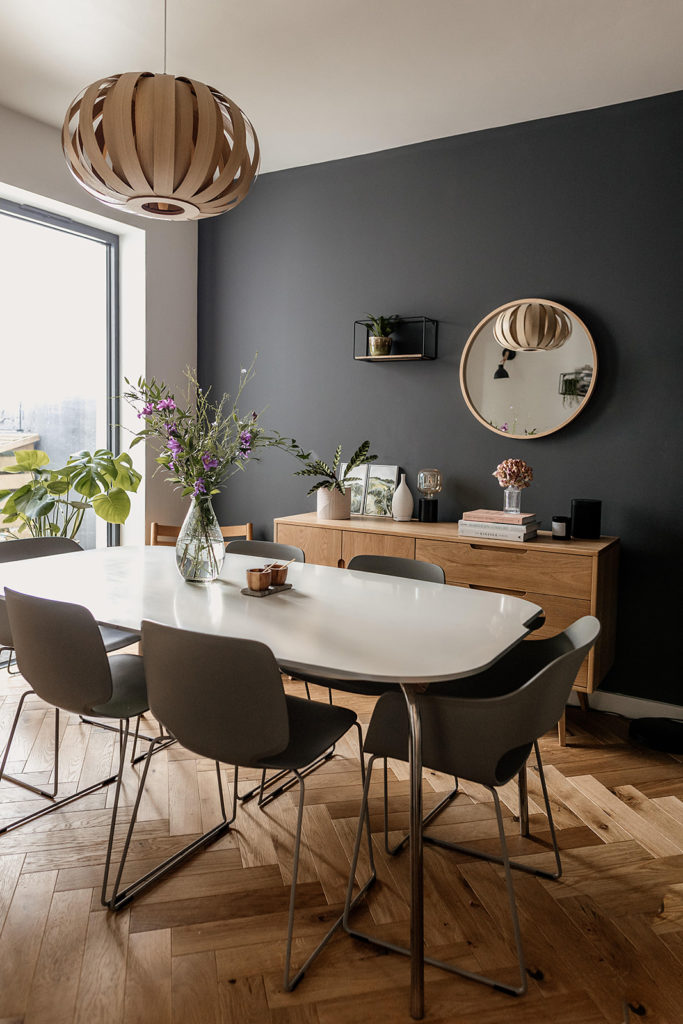
Of course, there are practicalities to consider. Is it an appropriate spot to build in a window, or is it disruptive to the flow of the house or room? Would that particular area benefit from ventilation and fresh air? Perhaps an opening window would be more practical. We wouldn’t advise prioritising a picture window over the general flow or workings of a space, but if there is an opportunity which is both structurally and aesthetically feasible, and the view is worth framing, then you might have found your spot.
How to create maximum impact with a picture window
Again, this all comes down to the view. Creating a ‘moment’ which stops people in their tracks when they walk into the room. A moment for you to take a deep breath, connecting with the outside world. A moment for visitors to wonder for a second if this is art or real life.
Sight lines are very important in interior design. It’s the view across a space that a person has from any position within the house. Good design ensures that the sight lines are clear when needed for practical or aesthetic purposes. Imagine standing at a kitchen island and looking across to the dining table, but having your sight line interrupted by a low hanging pendant light. Neither practical nor pretty.
Consider the sight line of your picture window and give it the clearest run possible. Stand in every position where you can see that window, and aim to have nothing interrupting the line of sight out of that window. No distractions, give the window and the view all the space you can to have it’s moment as the focal point. Or try to incorporate design elements which will lead the eye towards the window. The leading direction of your floorboards or looking down the length of a kitchen island can all create this effect.
It’s in the details…
Just as you would a piece of art, consider the type of frame to make that view really pop. The most impactful picture windows are usually clear panes, without astragal bars or frame details to cut through the view. However Crittall and sash windows lend themselves very nicely to certain house styles, so don’t dismiss them when thinking about your picture window. It’s a balance between doing what’s right for the overall look and design of the home, and doing what’s right for that view. Sleek, narrow frames are a must and just like framing a piece of art, wood or black frames can usually blend and enhance the view or provide a contrast to make the view stand out.
Finally, allow yourself to enjoy the view. Give yourself time to take it in and enjoy the benefits of whatever it is you’re looking out on. Picture windows are popular in bathrooms where you can unwind in the bath while you look out at the view, an elevated version of your own self-care haven. An office space with a view can inspire creativity and productivity. Create a window seat within the window recess, bringing you up close to the view. Or a sitting area which doesn’t interrupt or impose on the sight line to the window, but creates a calming zone for you to sit, relax, connect with the outside world.
We have lots more picture window inspiration on our Biophilic Design Pinterest board. If you’re in the early stages of a renovation or build, get in touch and let’s chat about all things design, and whether there’s a place for a picture window!
Leave a Reply
Previous Post
Next Post
For more of our latest projects, follow along on instagram at @hyggeandcwtchstudio.
© hygge and cwtch creative studio 2023 | all rights reserved | privacy policy | cookie policy
considered Art & Design for Beautiful Spaces
cardiff, WALES
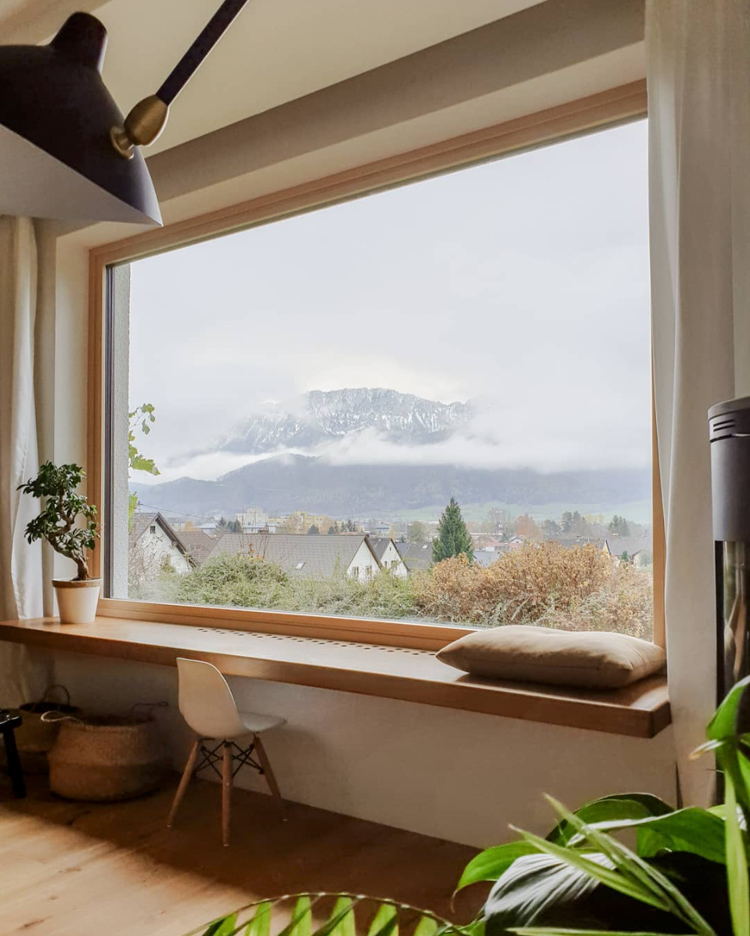
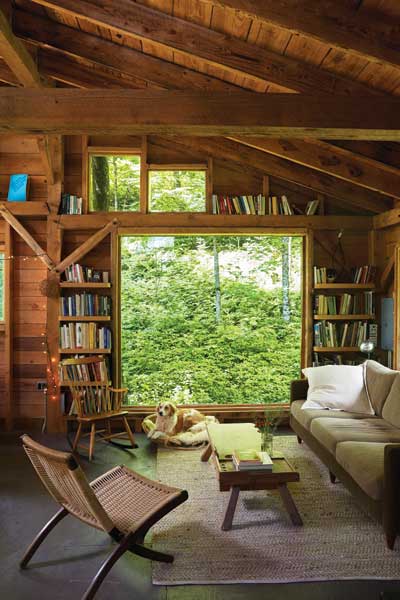
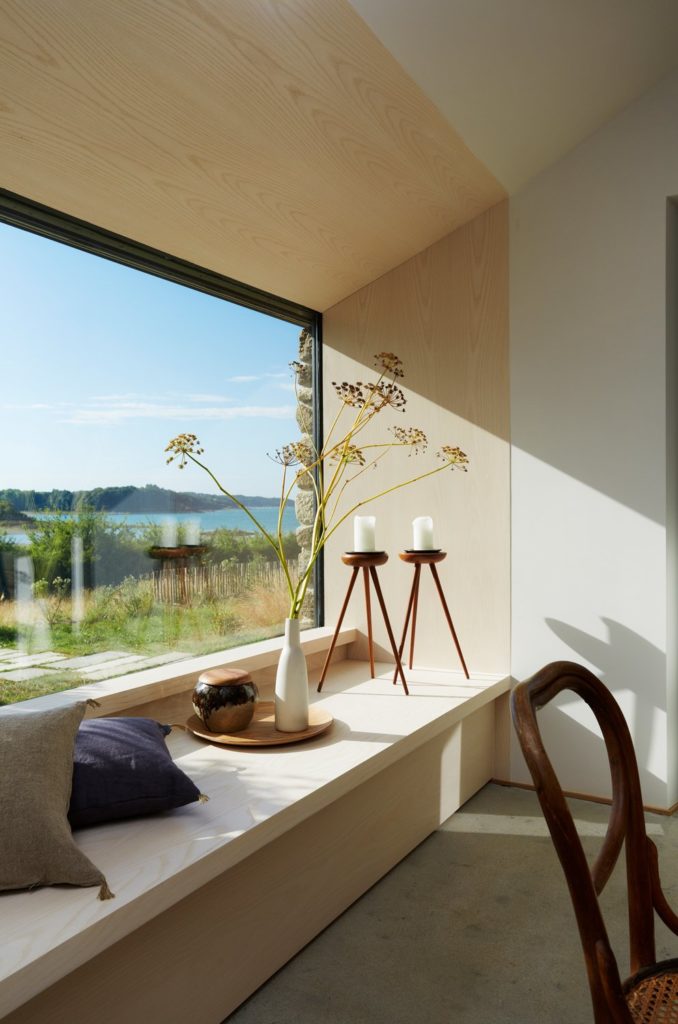
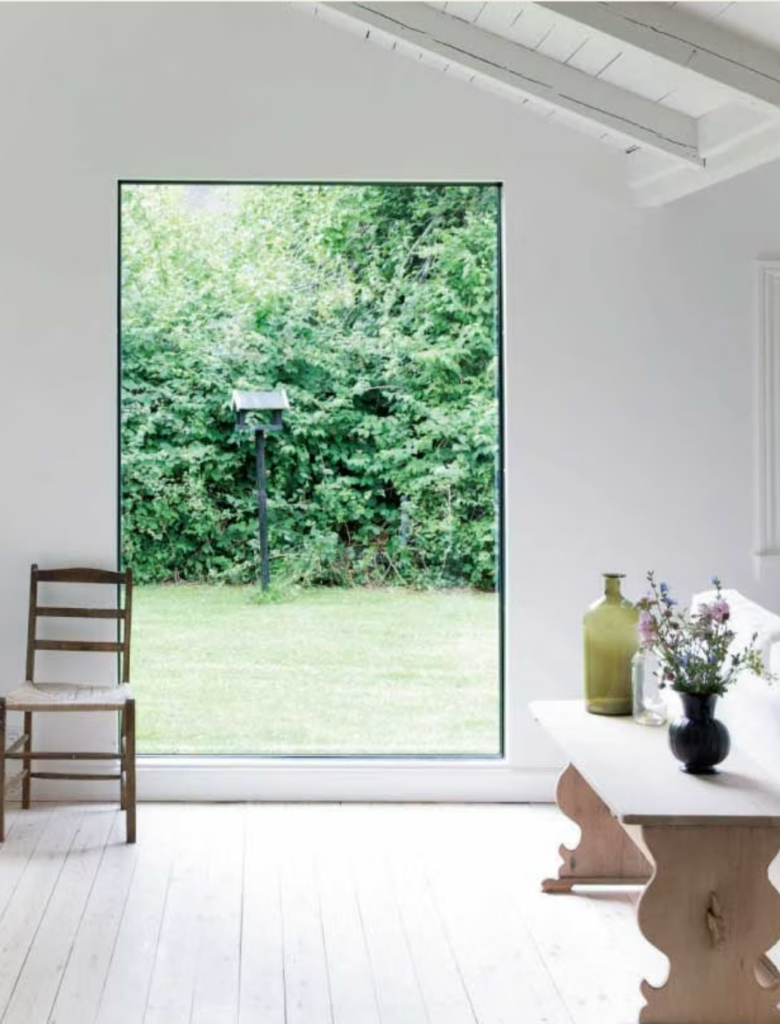
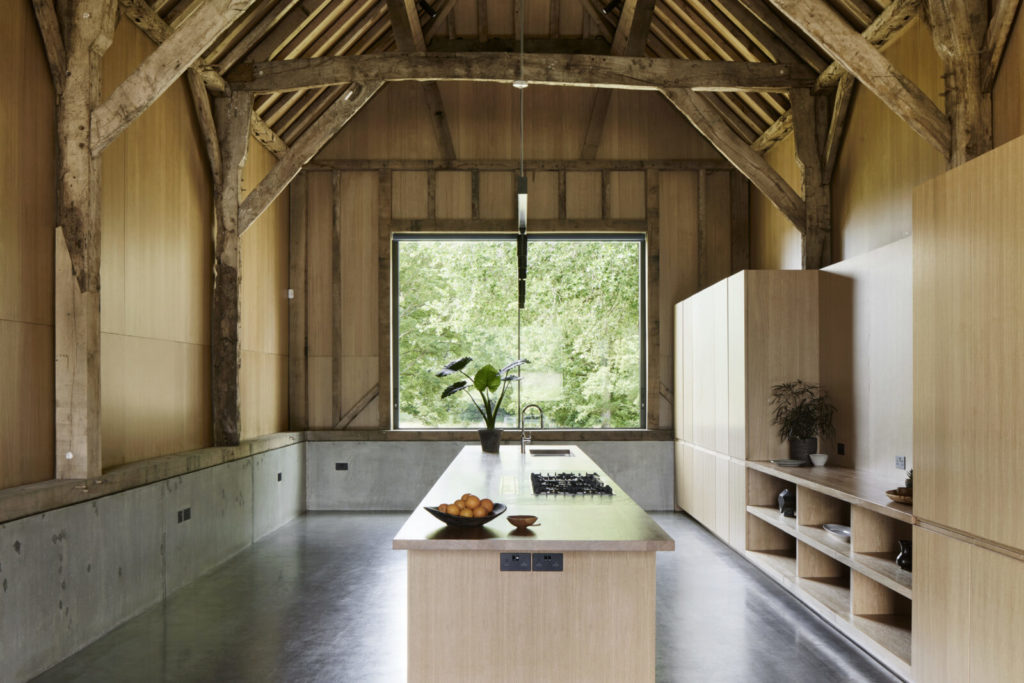
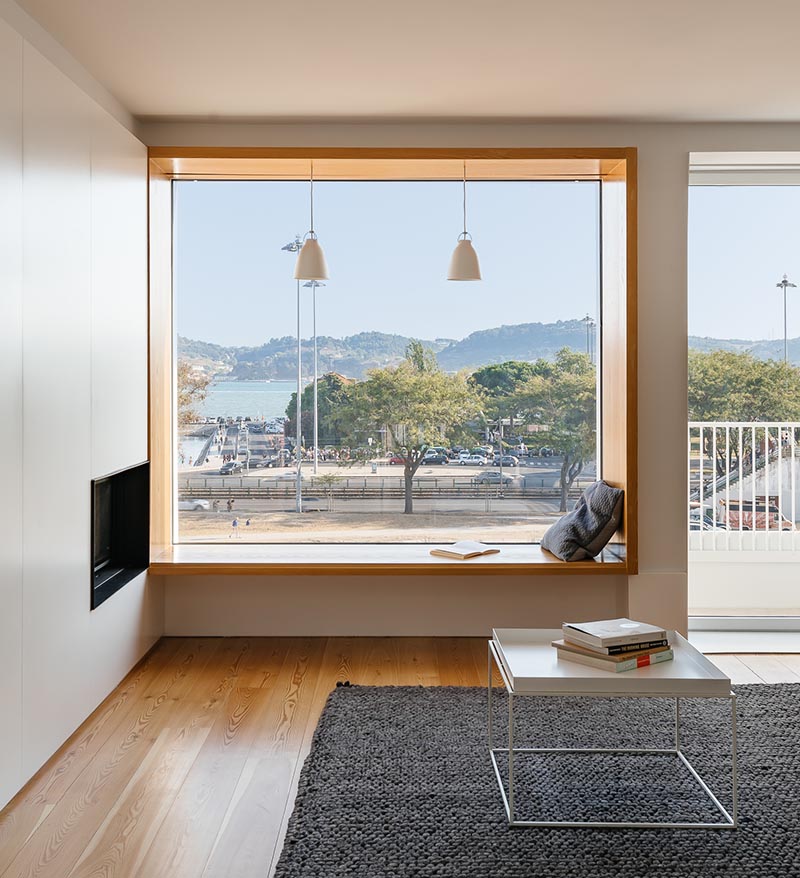
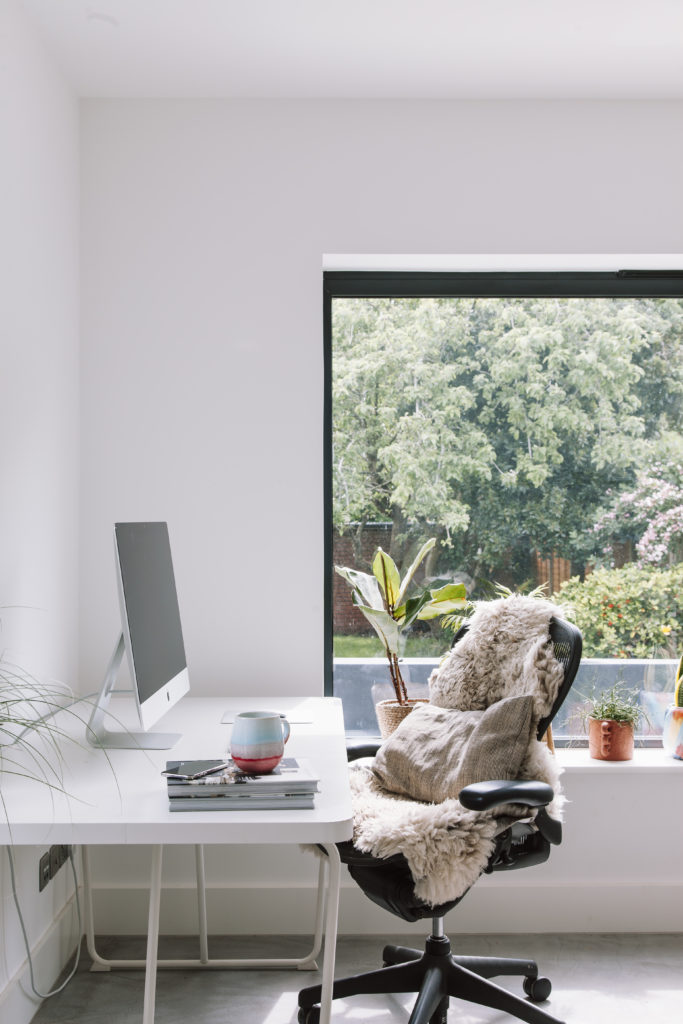
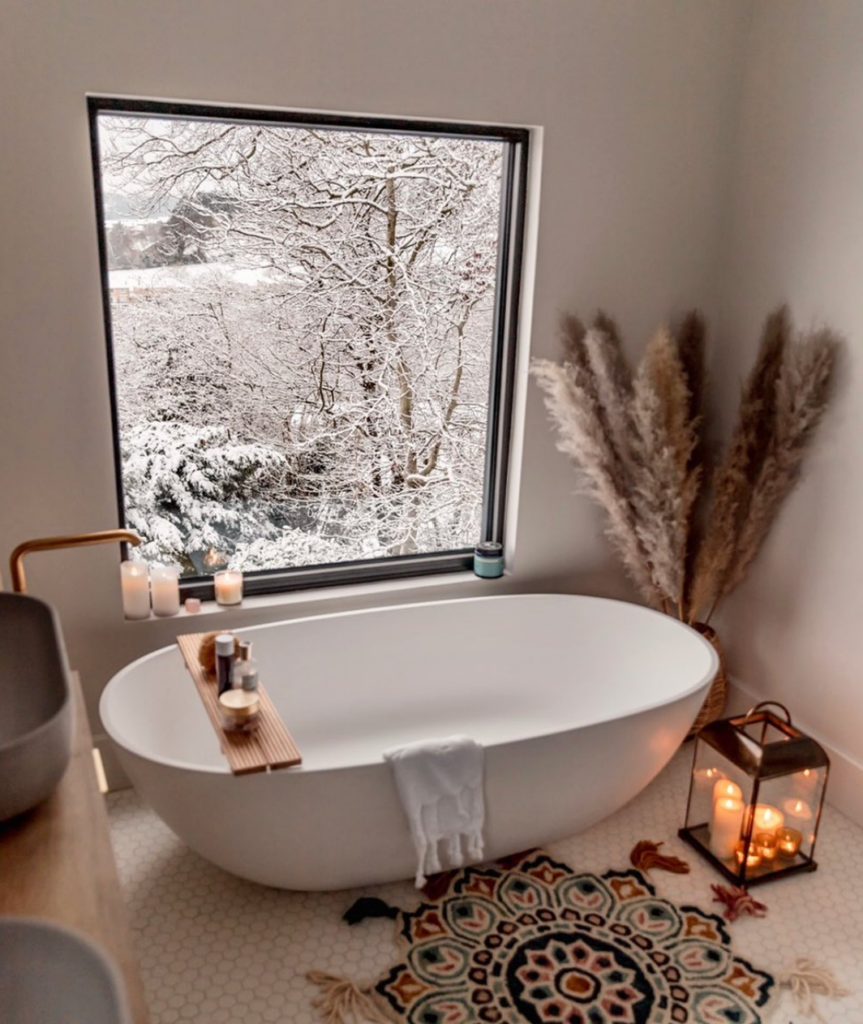
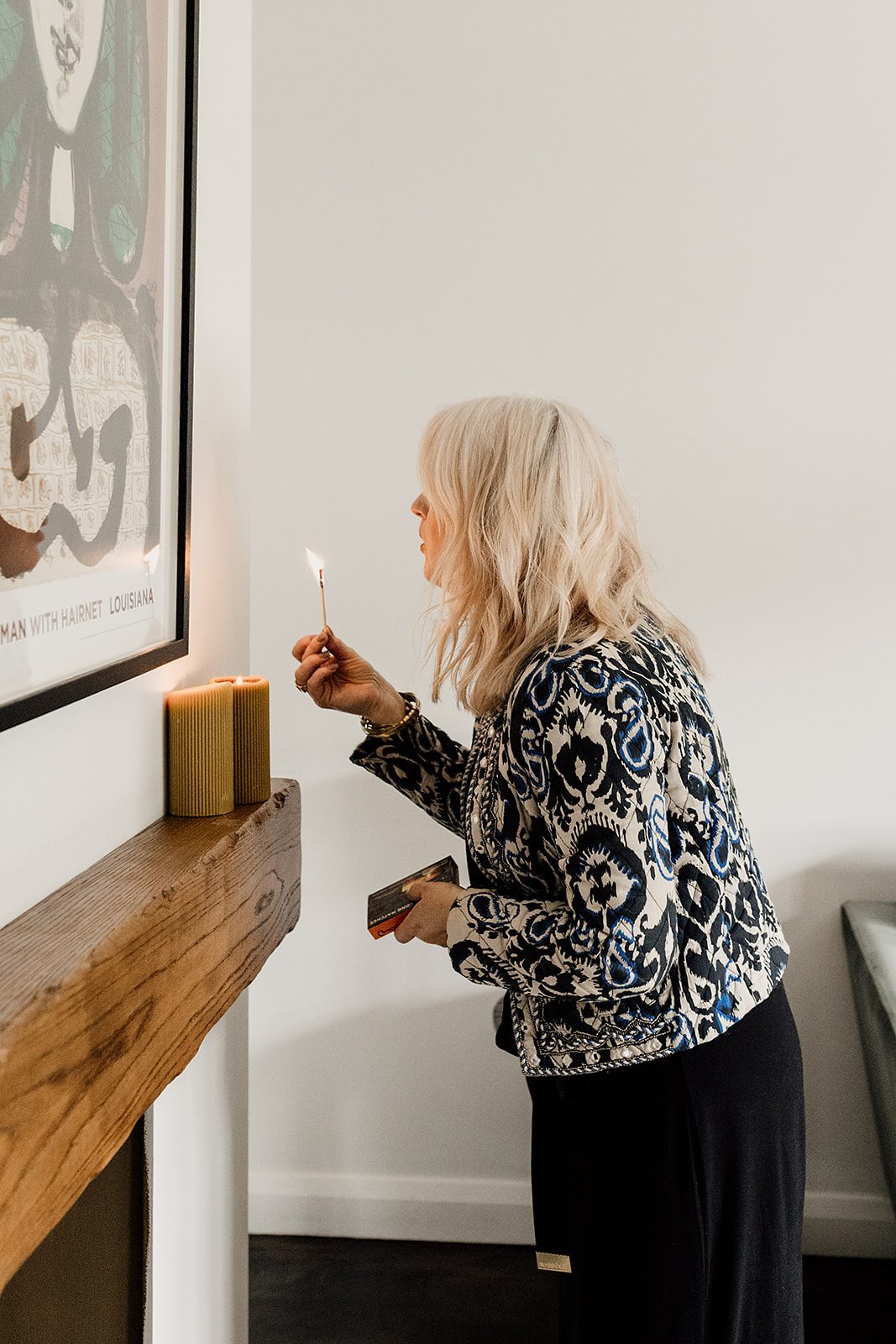

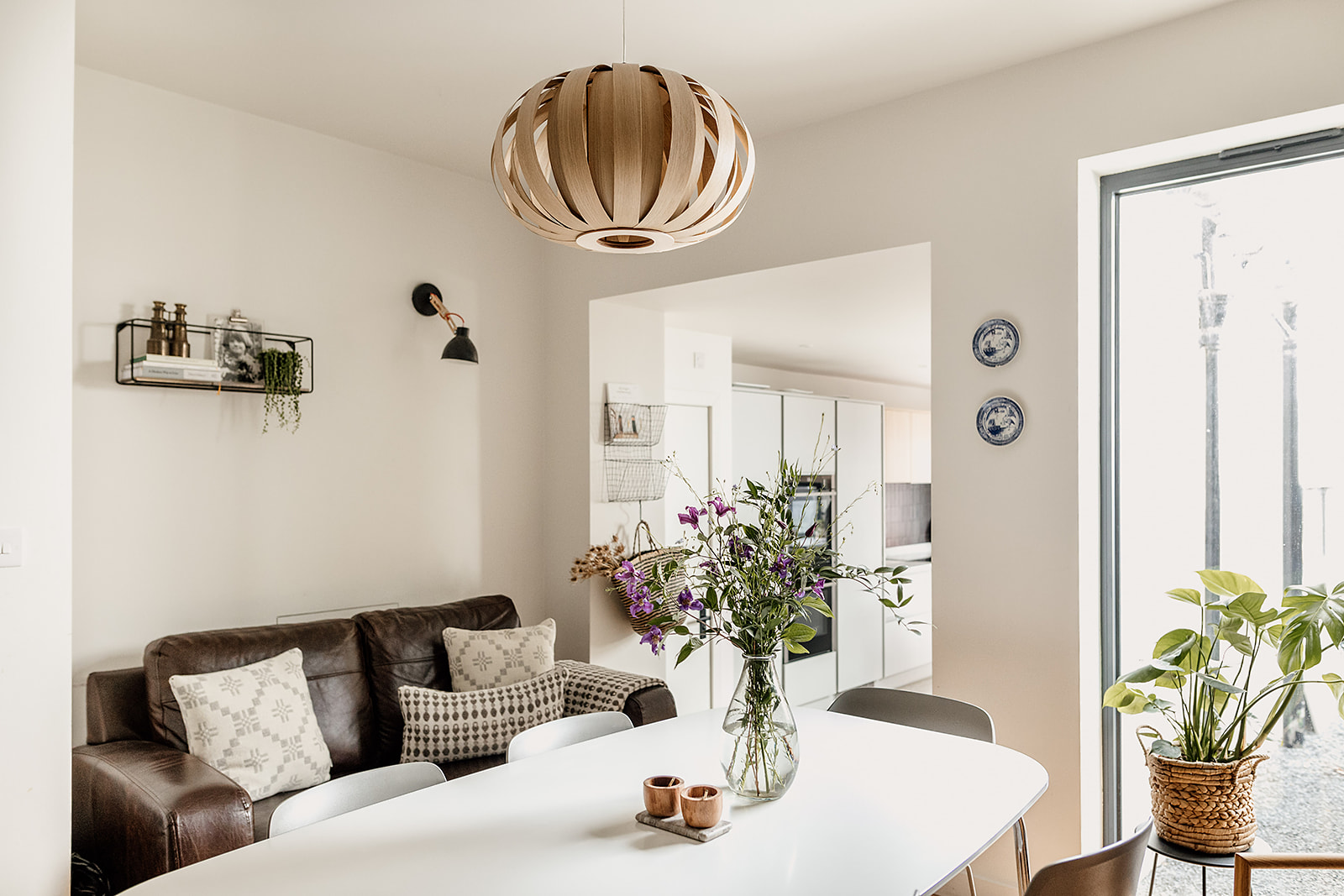



[…] are simply what we can see when stood in any given position. Sightlines to nature through picture windows or wide open doors are key to biophilic design. Internally, the more we have visible within […]